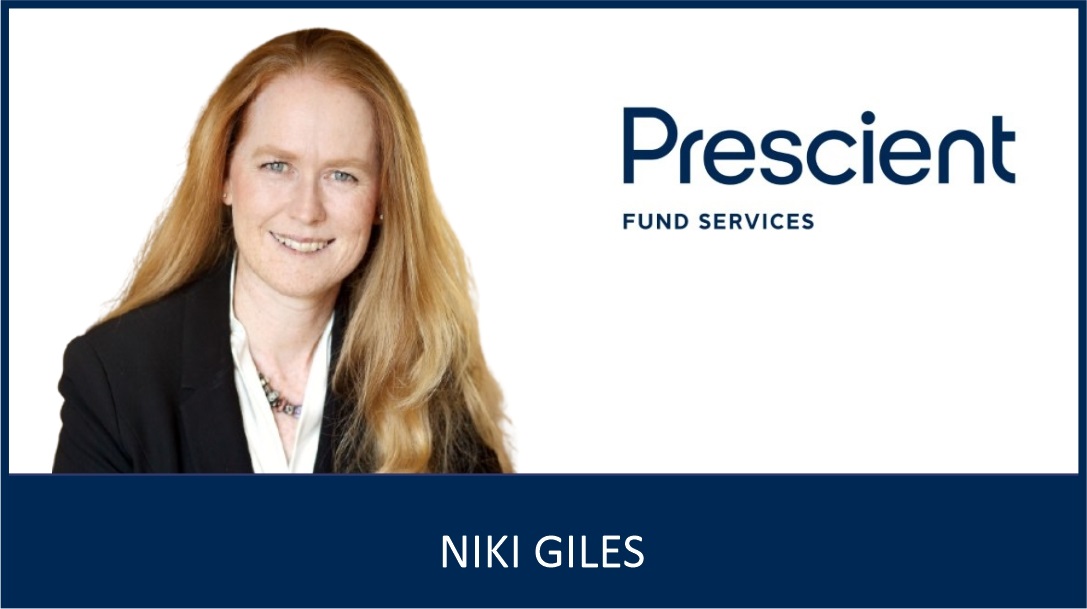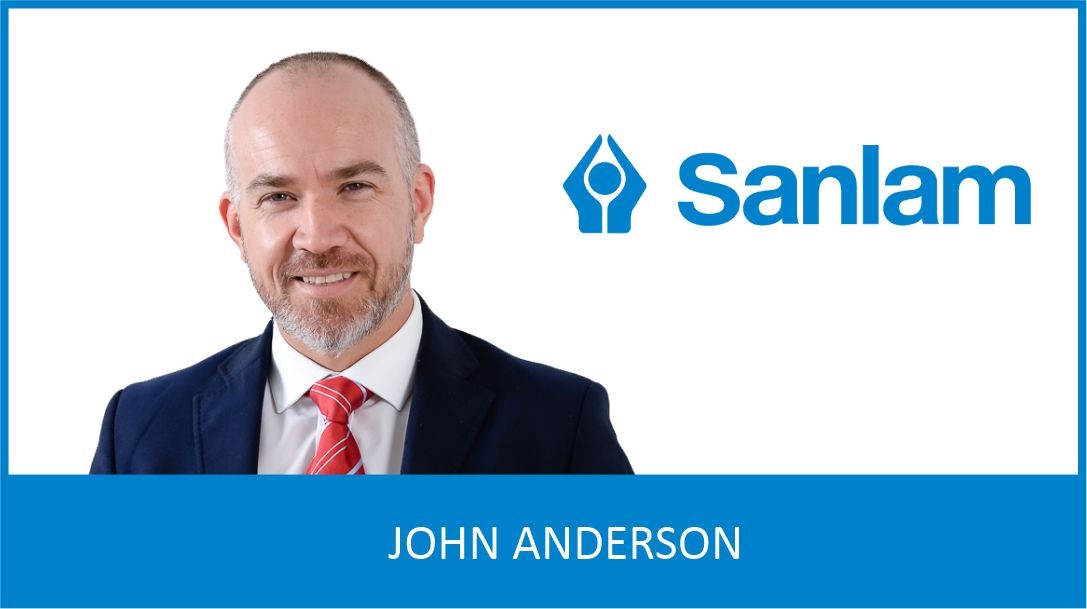Mariska Redelinghuys, Legal Specialist: Advice at PSG Wealth
The old adage about not putting all of one’s eggs in one basket is frequently highlighted in the context of investing. Offshore investing is an avenue for South African investors to access a far wider range of investment opportunities and create much-needed diversification in investment portfolios. At the same time, investors need to be aware of the complexities in play when taking funds offshore – including the way offshore assets are treated on death.
The role of probate
Probate refers to the process of a court declaring a will valid and thereby authorising the distribution of a deceased individual’s assets in terms of the wishes specified in their will. In the South African context, this is what we know as the administration of deceased estates.
Looking beyond our own borders, it’s crucial to understand that each jurisdiction’s rules in respect of probate differ, which adds to the complexity of winding up global estates. However, the impact of these complexities can be managed effectively by consulting with specialist advisers and selecting appropriate products. One popular solution is to invest in products that allow for beneficiary nominations, such as offshore sinking funds or endowments. This means the proceeds of these investments can be paid out directly to the beneficiaries when the investor passes away, instead of being subject to an onerous winding-up process.
Offshore wills
Another consideration for investors with offshore assets is the need for an offshore will or a worldwide will. A ‘worldwide will’ refers to a will that is drafted in South Africa in accordance with South African laws that includes the appointment of a South African executor to ensure that the deceased’s assets, wherever they are located, are distributed in terms of the will. However, just as probate procedures vary by jurisdiction, so too do each jurisdiction’s laws of succession.
The cornerstone of South Africa’s succession laws is what is known as ‘freedom of testation’ – a principle which, with the exception of a few limitations, allows an individual to bequeath their property to any person or institution of their choice. In contrast, many other jurisdictions have a system of ‘forced heirship’ in terms of which certain protected heirs (such as spouses and other family members) will inherit your estate regardless of what is stipulated in your will. This means there is a risk that the wishes in a worldwide will may not be enforceable in certain jurisdictions, either due to laws such as forced heirship or because the will lacks specific clauses required for the will to be recognised.
In addition, a local executor may not be familiar with the rules of probate of a particular jurisdiction and may need to account for this by appointing an agent at a cost.
For all of the reasons discussed above, it is usually recommended that investors draft a will in each jurisdiction in which their assets are located, unless a specialist advises otherwise based on the jurisdiction or the nature of the assets.
Situs
Regardless of where a will is drafted, there are also tax implications to consider in respect of a global estate. If a deceased person was ordinarily resident in South Africa during the 12 months preceding their passing, their estate will be liable for estate duty in South Africa on their worldwide assets and deemed assets. Other jurisdictions, including the United States (US) and the United Kingdom (UK), levy death taxes based on what is known as ‘situs’, which refers to where assets are located for tax purposes. This means that if, for example, a South African resident owned property in both South Africa and in the UK or US, their estate would be liable for taxation in two jurisdictions in respect of the same asset, namely estate duty in South Africa and either inheritance tax (in the UK) or federal estate tax (in the US). Although there are estate duty agreements in place between South Africa and these jurisdictions that allow for a tax credit to be claimed back by the executor, such examples serve to point out the importance of appointing an experienced and knowledgeable executor and consulting with a specialist adviser who understands the liquidity implications of paying death taxes in more than one jurisdiction.
Conclusion
Many advantages can be derived from investing in offshore assets, but there are tax and estate planning considerations to be aware of to ensure you make the most of what these assets can offer you for your financial future. Seeking the assistance of a qualified financial adviser is an excellent way to position yourself for making informed financial decisions that will benefit you and your loved ones.
ENDS

























































































